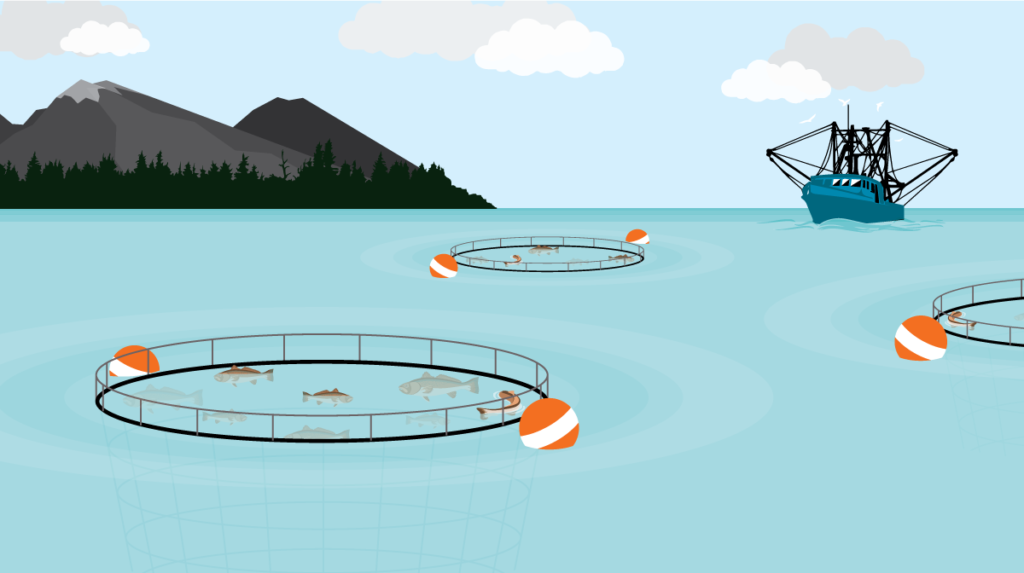
Published — March 6, 2021
The following post does not create a lawyer-client relationship between Alburo Alburo and Associates Law Offices (or any of its lawyers) and the reader. It is still best for you to engage the services of your own lawyer to address your legal concerns, if any.
Also, the matters contained in the following were written in accordance with the law, rules, and jurisprudence prevailing at the time of writing and posting, and do not include any future developments on the subject matter under discussion.
Aside from commercial fisheries, read also: FISHING PRIVILEGES IN MUNICIPAL WATERS
-
Commercial fishing is the taking of fishery species by passive or active gear for trade, business and profit
-
A license is necessary to operate a commercial fishing vessel
-
A Filipino or any association, partnership, cooperative, or corporation duly registered in the Philippines at least sixty percent (60%) of the capital stock of which is owned by Filipino citizens is eligible for commercial fishing vessel license
My best fishing-memory is about some fish that I never caught. – George Orwell
In our previous article, we talked about fishing privileges in municipal waters. This time, let us talk about commercial fisheries.
What is commercial fishing?
The law says:
Commercial fishing is the taking of fishery species by passive or active gear for trade, business and profit beyond subsistence or sports fishing and is classified as:
- Small scale commercial fishing
- It refers to fishing with passive or active gear utilizing fishing vessels of 3.1 gross tons (GT) up to twenty (20) GT;
- Medium scale commercial fishing
- It refers to fishing utilizing active gears and vessels of 20.1 GT up to one hundred fifty (150) GT; and
- Large commercial fishing
- It refers to fishing utilizing active gears and vessels of more than one hundred fifty GT.
Who may operate a commercial fishing vessel?
The law says:
No person shall operate a commercial fishing vessel, pearl fishing vessel or fishing vessel for scientific, research or educational purposes, or engage in any fishing activity, or seek employment as a fishworker or pearl diver without first securing a license from the Department of Agriculture (DA).
However, there is no such license required for fishing vessel engaged in scientific, research or educational purposes within Philippine waters pursuant to international agreement of which the Philippines is a signatory and which agreement defines the status, privileges and obligations of said vessel and its crew and the non-Filipino officials or the international agency under which said vessel operates.
Who are persons eligible for commercial fishing vessel license?
The law says:
The said fishing vessel license is issued only to citizens of the Philippines, partnerships or to associations, cooperatives or corporations duly registered in the Philippines at least sixty percent (60%) of the capital stock of which is owned by Filipino citizens.
Now, when a person has been issued a license, said person is not allowed or is prohibited to sell, transfer or assign, directly or indirectly, his stock or interest in the said license to any person not qualified to hold a license. Any such transfer, sale or assignment is considered null and void and shall not be registered in the books of the association, cooperative or corporation.
Furthermore, for purposes of commercial fishing, fishing vessels owned by qualified citizens of the Philippines, partnerships, corporations, cooperatives or associations shall secure Certificates of Philippine Registry and such other documents as are necessary for fishing operations from the concerned agencies.
On our next article, we will talk about the incentives for commercial fishers.
Alburo Alburo and Associates Law Offices specializes in business law and labor law consulting. For inquiries, you may reach us at info@alburolaw.com, or dial us at (02)7745-4391/0917-5772207.
All rights reserved.
SUBSCRIBE NOW FOR MORE LEGAL UPDATES!
[email-subscribers-form id=”4″]


